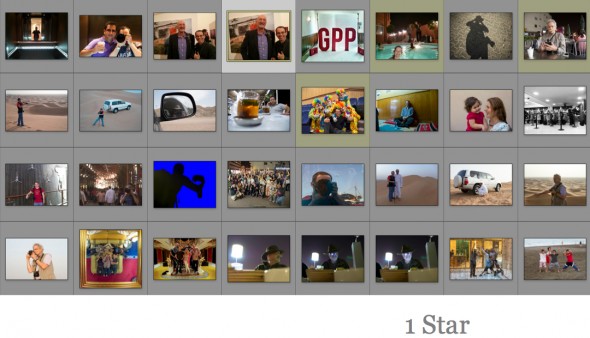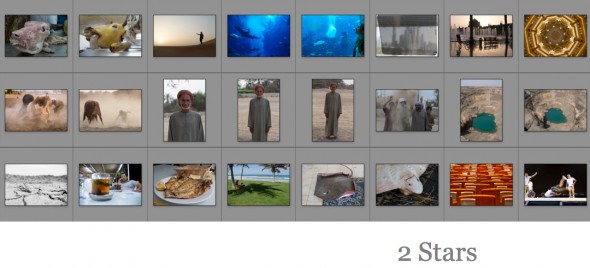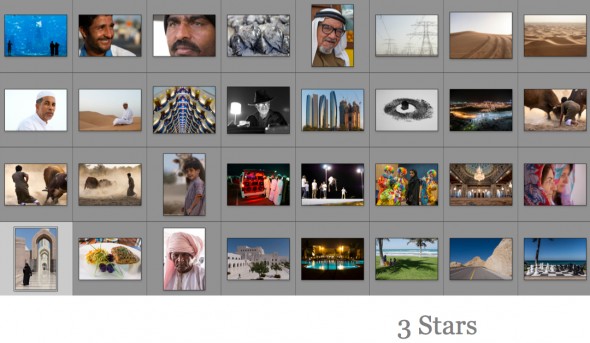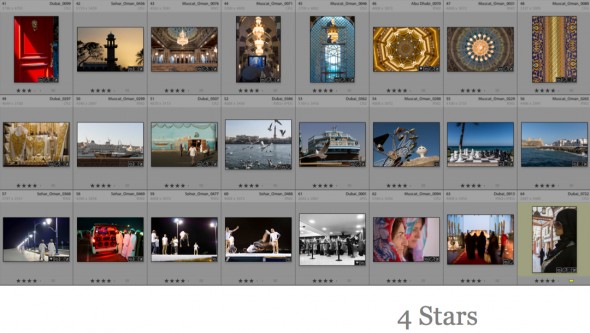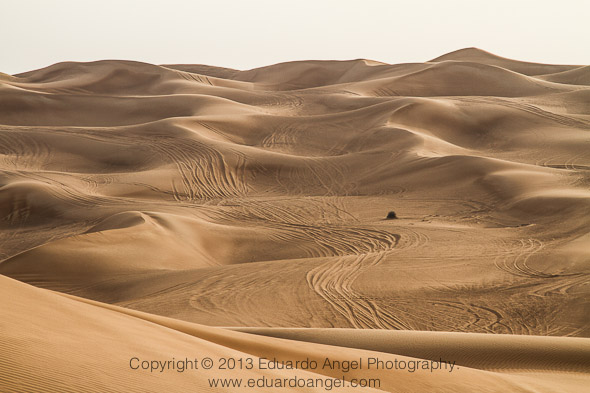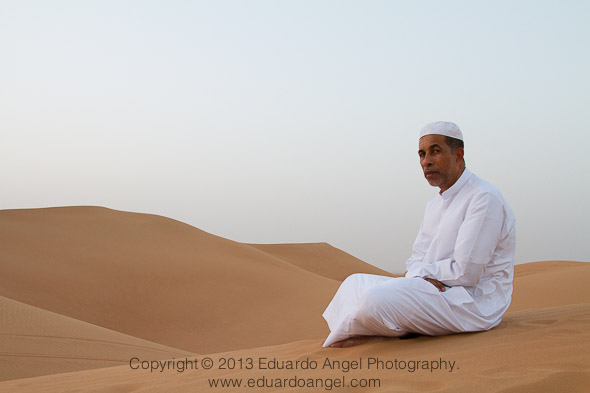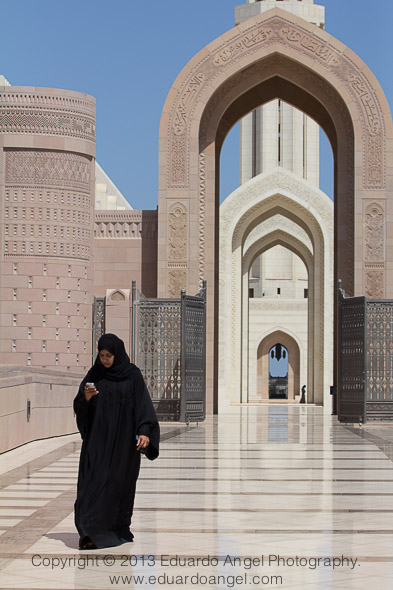Video
On editing photos and telling stories.
Wow! Our video interview with PhotoShelter hit a nerve! We have received over a 100 emails and tweets with additional questions. That is awesome!
For the people requesting the GH3 article, here’s the link, for the ones asking about Custom White Balance for Video, here’s the link, for the ones asking for additional Lightroom 4 Tips and Tricks, here’s the link, and here are a TON of additional articles on photography and filmmaking. Enjoy!
I truly believe that one of the most important skills we can learn as photographers is to objectively edit down our images and visualize themes in our work. On the interview/webinar I shared my thought process and very personal workflow to edit tons of images into a coherent and manageable portfolio. Here’s the full recording:
If you are short of time (who isn’t nowadays?) here are some of the most relevant slides from the presentation with additional comments:
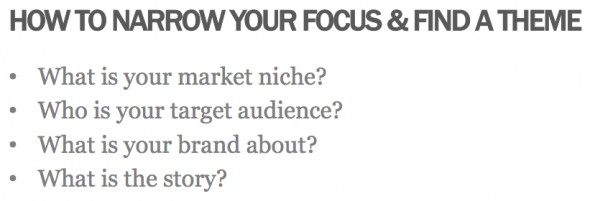
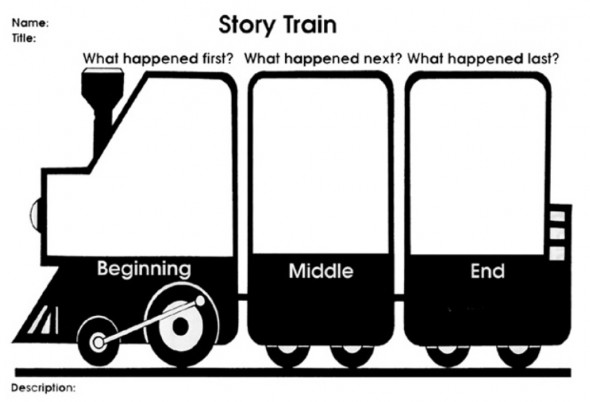
An image from one of my five-year-old nephew’s books! Totally cool. It is a good reminder that we should have a great beginning that grabs the viewers’ attention. Then there needs to be something really strong in the middle that reengages the viewer, and, finally, something wonderful at the end that leaves them thinking about our work.
 On this specific assignment I shot about 1,500 images. I deleted about 400 and ended up with 1,100 to work with. I then narrowed that down to 100 images, which is ok for my online portfolio but still too many for a client. I ended editing the portfolio to 15 images, which is about 1% of the original amount. 1% tends to be my “gold standard” for photo editing.
On this specific assignment I shot about 1,500 images. I deleted about 400 and ended up with 1,100 to work with. I then narrowed that down to 100 images, which is ok for my online portfolio but still too many for a client. I ended editing the portfolio to 15 images, which is about 1% of the original amount. 1% tends to be my “gold standard” for photo editing.
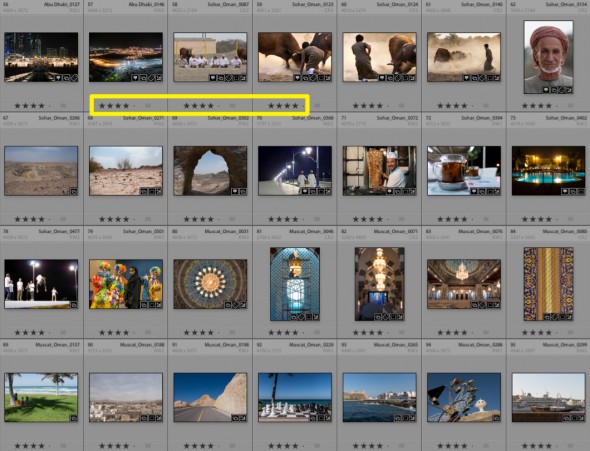
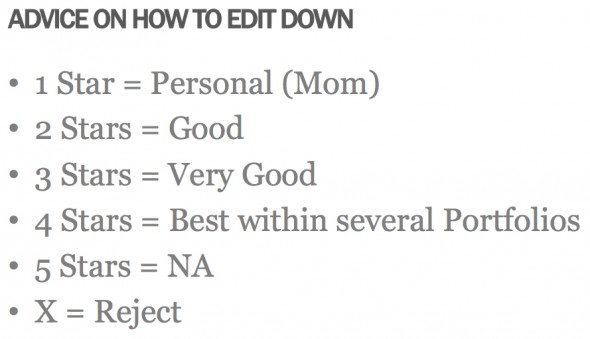 On the first “pass” I star my images with 1 star (personal), 2 stars (good) and 3 stars (very good). I only use 4 stars when combining the best images from different portfolios, and I NEVER use 5 stars. It is a philosophical approach: there’s always room for improvement.
On the first “pass” I star my images with 1 star (personal), 2 stars (good) and 3 stars (very good). I only use 4 stars when combining the best images from different portfolios, and I NEVER use 5 stars. It is a philosophical approach: there’s always room for improvement.

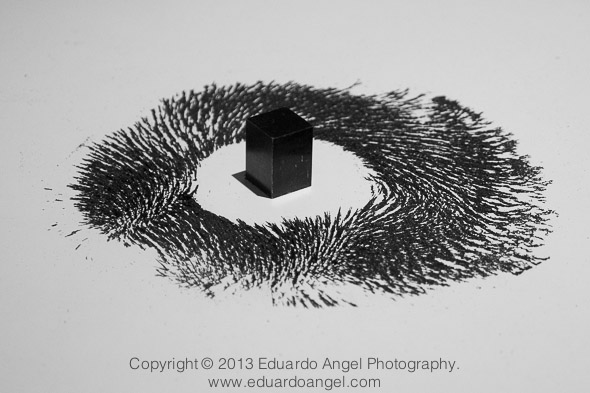
I wanted to start my “Middle East” story with this image. It is an interesting, clean and minimalistic image that combines art, architecture and religion.
I want the viewer to think “hmm let’s see what this is about.”
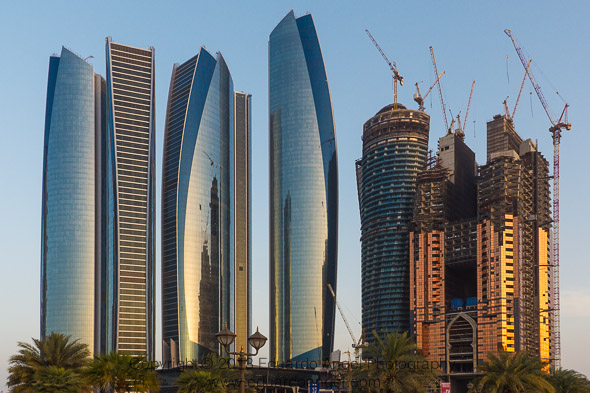
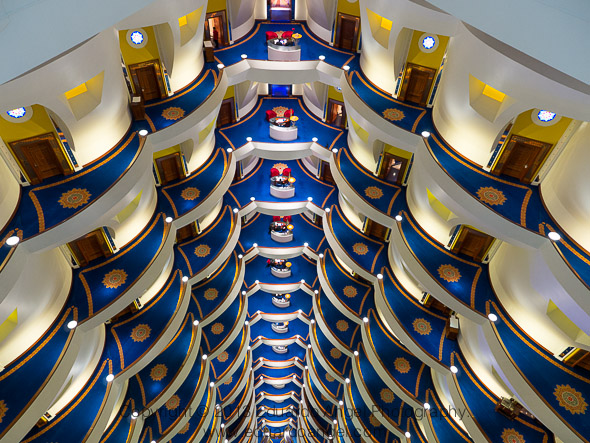
What has put Dubai on the map is definitively its amazing architecture and urban development. This it the Hotel Burj Al Arab, the only 7 star hotel in the world and one of the most expensive ones.
When traveling to new destinations, I suggest reading relevant books before arriving at your destination. When you talk to locals and they realize you know something about their country, or city, the experience moves to a whole different level.
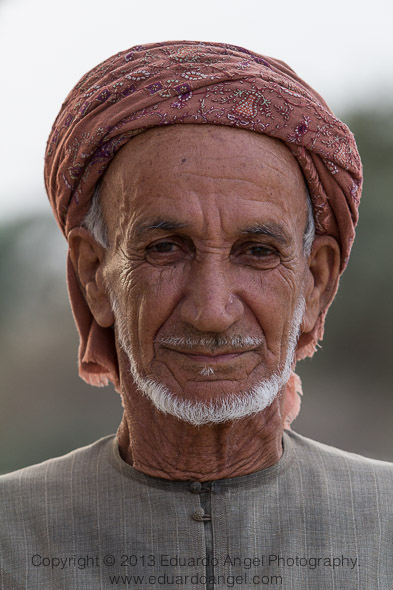
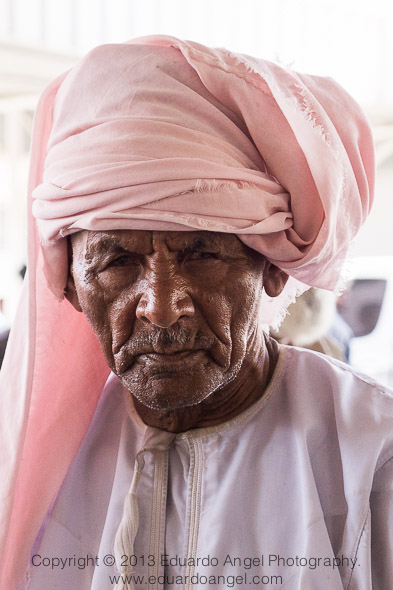
As soon as I arrive I also visit local bookstores and spend some time looking at postcards, familiarizing myself with that place’s highlights (cultural, architectural, etc). I often discover new places, unique vantage points, and different ways to document the obvious landmarks.
I love this image and would like to use it as my closing image for this specific story.
Remember, we are storytellers!
On my next post I’ll talk about fine-tuning these images using Adobe Lightroom and the Color Checker Passport. Stay tuned. If you don’t have a PhotoShelter account feel free to use this link.
